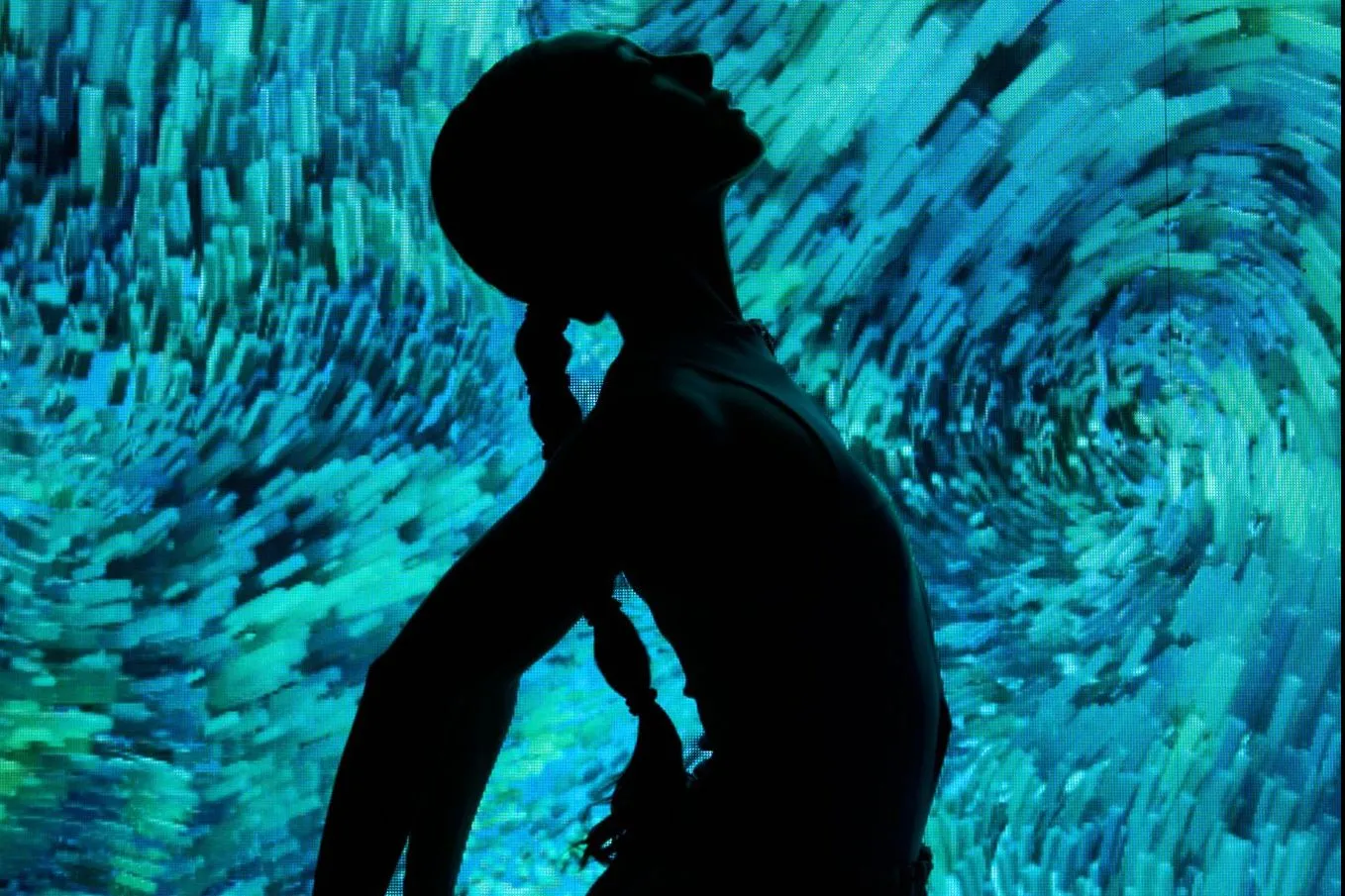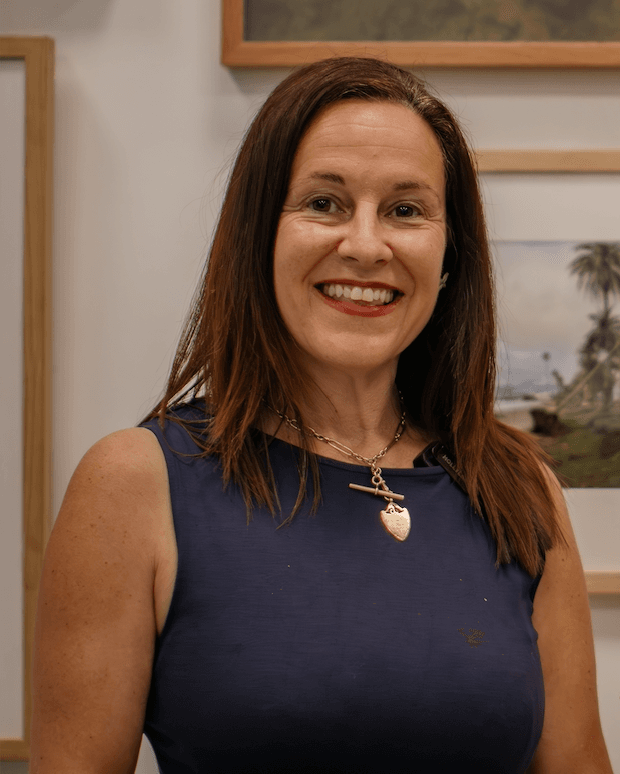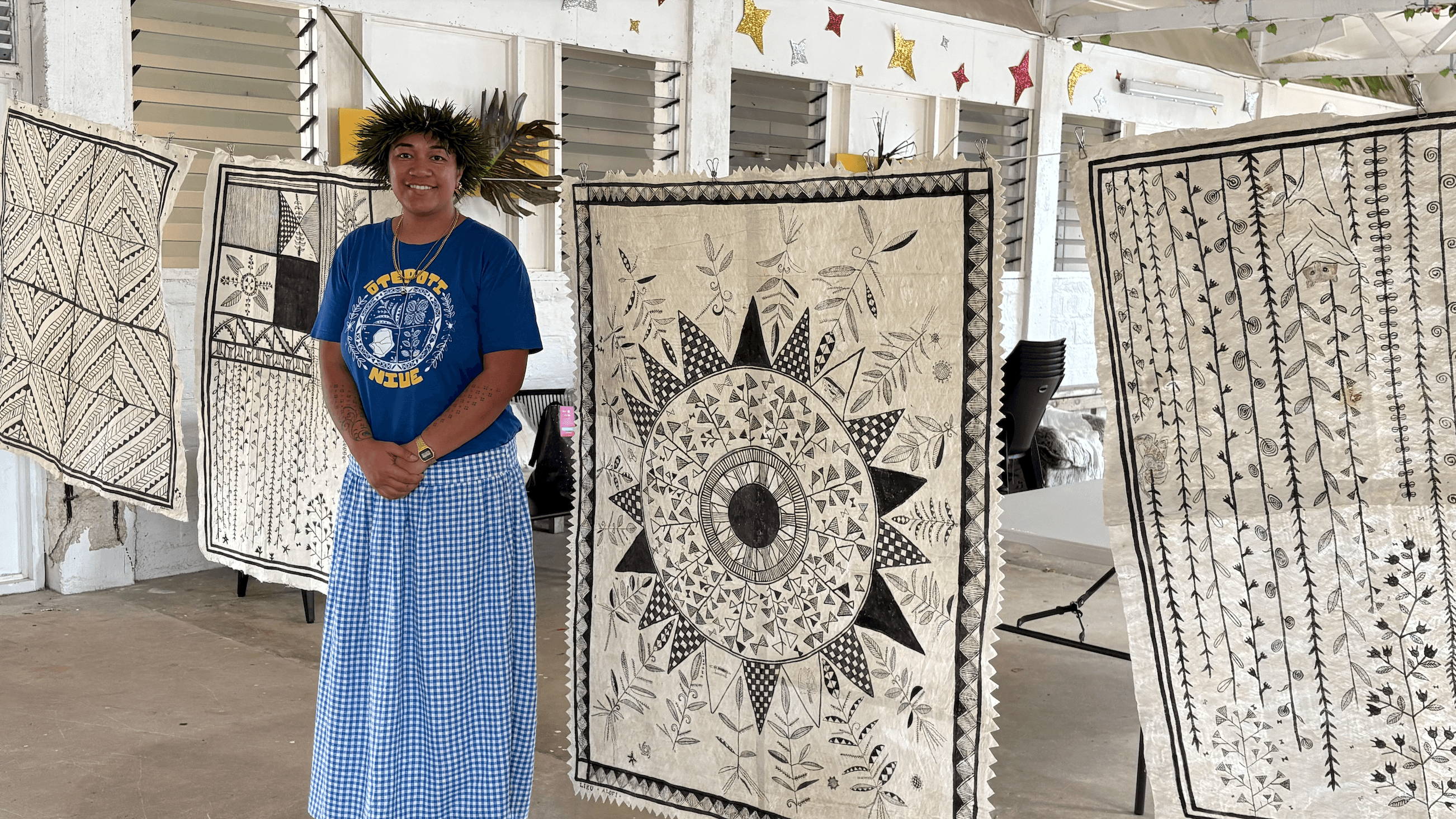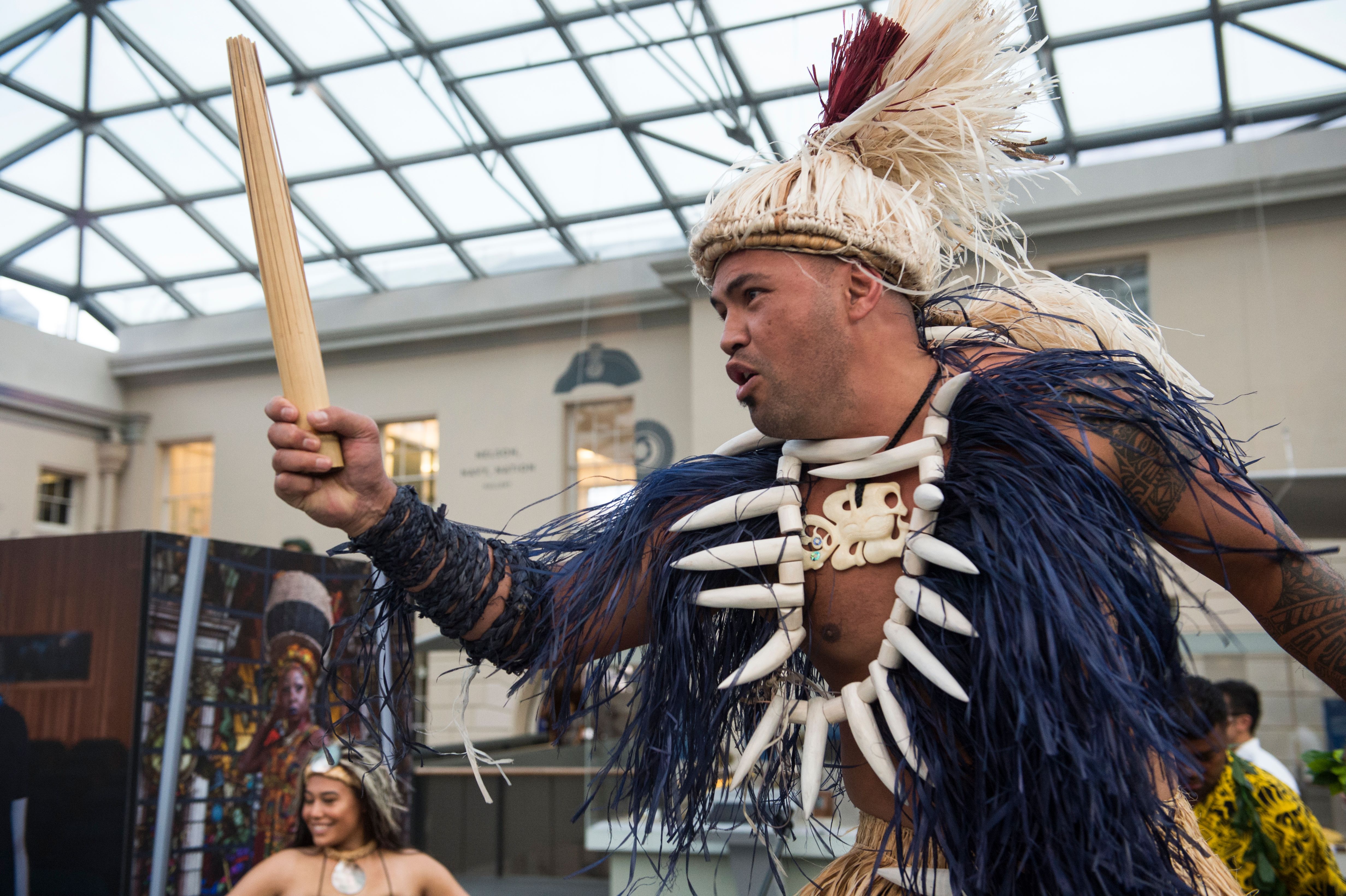Aotearoa Projects Backed In $1.6M International Grants
The British Council's Connections Through Culture Grants has seen eight NZ/UK creative collaborations receive a welcome funding boost.
Written by

In the current funding climate, any opportunity to have your creative initiative supported can mean the world.
On this occasion, it can also take it to the other side of the world.
For the second year running, New Zealand creatives have been included in the British Council's $1.6 million Connections Through Culture (CTC) Grant Programme, with Aotearoa providing eight of the 84 successful projects from the Asia-Pacific region.
Each of the Aotearoa initiatives will receive grants of $10,961 (£5,000) to build collaborations with artists and organisations in the United Kingdom - selected alongside a host of other grantees from Bangladesh, Sri Lanka, Australia, China, Indonesia, Thailand, Malaysia, Myanmar, the Philippines, and Vietnam.
"It's exciting to see the vibrant artistic links being forged between the UK and NZ through our CTC grant programme," said Natasha Beckman, Director British Council NZ and the Pacific.

"In a funding landscape that's increasingly austere in the UK and in NZ - in fact globally - it's exciting for us to be able to give out some good news and provide these unique opportunities for people.
"One of the most pleasing points of the CTC are the breadth of artforms. Recipients are spread across a range of mediums from dance, theatre, museums, visual arts and more, with projects that are at all different stages of development.
"These cross-cultural exchanges demonstrate how artistic collaboration can transform individual creative practices and spark new possibilities.
"Our two main areas of strategic priority focus on climate change and diversity - in particular with Maōri and Pacific communities - so it's really exciting to see a lot of work in those areas."
That's highlighted by Cora-Allan Lafaiki Twiss - a former Arts Foundation Springboard Award winner for visual arts and McCahon House residency recipient - securing funding for her Oceania Archival Residency with Scotland's Hunterian Museum.
Lafaiki Twiss explains “Funding has been tough in Aotearoa and getting this international opportunity has continued to encourage me that the work I am doing for my Niue community is important.
"During the funding application process, you really get a clear vision of what kind of goals and relationships you want to build with overseas institutions. I am ecstatic at the opportunity to research the large Oceania archive that is spread across the UK and can't wait to connect with the taoga Niue (cultural treasures) and share those memories with the community back in Niue.

"This funding will allow me to research and meet the taoga Niue and hopefully find some beautiful surprises that are often only found by traditional makers from our communities, living and breathing knowledge holders. These taoga were created by skilled ancestors who knew them intimately - I look forward to breathing air in the same space as them.
"Part of my visit will be adding to a global database I am creating in hopes of cataloguing hiapo all over the world so that our future mokopuna can visit them and know where they are throughout the globe.”
Respected arts leader and advocate Hinurewa te Hau - now Director of the Matariki Cultural Foundation - is equally as thrilled about the opportunity to take The Long Song – Te Waiata Roa international, an initiative that aims to revive and sustain traditional songs while fostering cross-cultural exchange.
“This support strengthens our partnerships with TRAC Wales and Knockengorroch Festival in Scotland, enabling cultural exchange through artist residencies and performances.
"It’s a groundbreaking opportunity to amplify Māori and Pacific voices on an international stage, connecting indigenous artists across continents. More than just sharing music, we are fostering a legacy of cultural storytelling that will resonate for generations.”
The regions are represented as well - with a cross-continental online theatrical collaboration from Hawkes Bay Youth Theatre and Liverpool's Unity Theatre with Rising-Piki Ake, a work they will create that ties them together by their coastal locations.
Hawke's Bay Youth Theatre Director Jandyra Maciel declares “We are passionate about engaging our youth with important and worthy creative conversations, and this collaboration with Elinor Randle at Unity Theatre and Ginni Manning (playwright) will be an incredible exploration into not only climate change, but our respective cultural histories and our changing relationship with natural resources - where we were in that relationship, where we are now, and where we need to be in the future.”
The climate crisis features strongly across the CTC grantees. Diverse Arts Network's Dr. Tia Reihana will link with the UK's Artspace Lifespace and British creative artist Cleo Lake, to create a dance piece, There is No Place Like Home, Kia mau ki te tokanga nui-a-noho, using choreography and workshops to explore indigenous art practices and environmental narratives, raising awareness and inspiring action on sustainability and migration.
Victoria University of Wellington and London's Cellule Studio's newly-funded partnership will create Destination Earth, a real-time immersive experience that sees the artwork use interactive visuals to allow audiences to experience the connections that tie the atmosphere, human motions and ocean together.
The Auckland Writers Festival is a successful applicant for the second year running, with North to South: Stories, Songs and (Reclaimed) Voices to Save the Land with tangata whenua poet, writer and author Nadine Anne Hura (Ngāti Hine, Ngāpuhi) to colloborate with Shetland poet Roseanne Watt to explore the shared themes of indigenous language revitalisation and its role in the fight against the climate crisis.

Royal Museums Greenwich will welcome Mangaian carver, cultural expert and educator Robbie Atatoa for a residency that will see him produce new carvings, contribute to public events, share his skills with members of Pacific diaspora communities, and improve cultural capacity and understanding with the UK's National Maritime Museum.
NZ Sensory Anthropologist Dr Ruth Gibbons and her innovative research will connect with DYSPLA - overseeing a collective of neurodivergent artists from both here and the UK to address the stigma of the disabled body with DYSPLA_Motion: Neurodivergent Physicality perceived through playful Animated Augmented Reality Sculpture.
Beckman's confident these projects will follow in the footsteps of the previously funded New Zealand CTC projects.
"It was very successful the first time around and we've been delighted to see excellent applications this time as well - we would hope to project that into the future.
"Looking at the quality of applications and recipients this year, it's been equally high.
"Some of last year's funded CTC projects are still ongoing - for example, Yuki Kihara's exhibition with the Sainsbury Centre (UK), Darwin Drag, is coming up soon so much of the legacy of the projects continue."
(Top image - 'Destination Earth' by Cellule Studio)